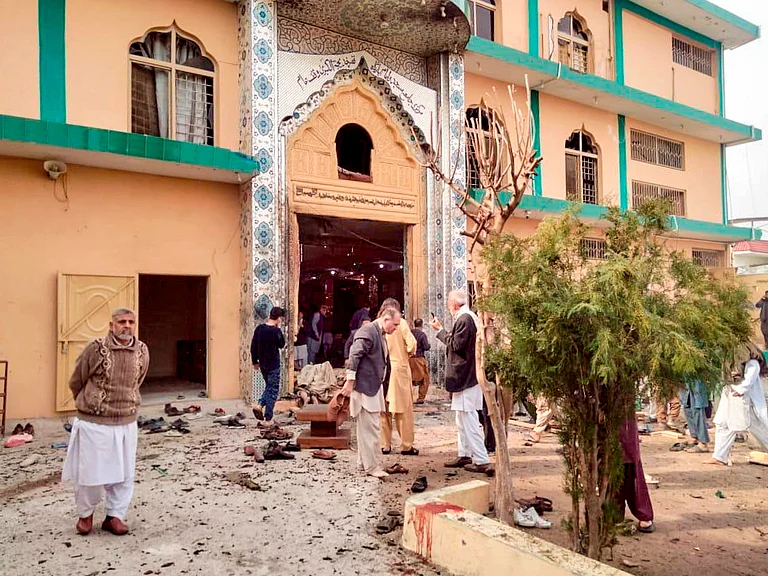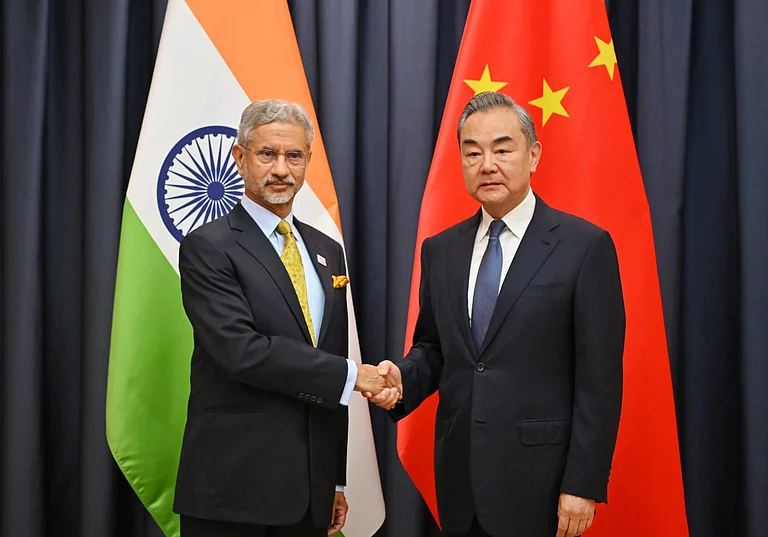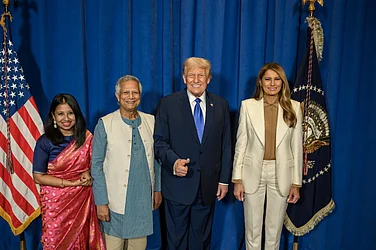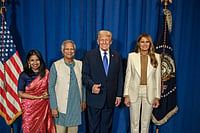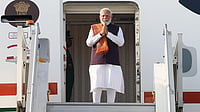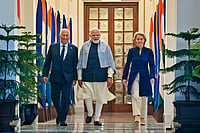The two-day Shanghai Cooperation Organisation (SCO) meeting gets underway in Pakistan from Tuesday, at a time when the Shehbaz Sharif government is facing multiple security, economic and political challenges at home. This is the first major international event being held in Pakistan after a long gap and Pakistan is bent on making sure that it goes off smoothly. Prime Minister Sharif ’s image will get a boost if he can hold a successful SCO summit under such trying circumstances.
Considering the rising terror attacks in Pakistan, the last one a week ago killed two Chinese engineers in Karachi the government is taking no chances. More than 9,000 officers and officials of Islamabad Police are on duty to secure the SCO summit. The army will be in charge of the security of vital installations. The government ordered a literal closing down of Islamabad and Rawalpindi by announcing three day public holiday to make movement of VIPS and their security easier. India did the same during the G20 summit.
Apart from terror groups, thousands of supporters of jailed former prime minister Imran Khan’s Pakistan Tehreek-e-Insaaf had earlier this month marched on to Islamabad demanding their leaders release. The origin plan was to hold a massive demonstration against the government on October 15 at the start of the SCO meeting. In a bid to embarrass the Shehbaz Sharif government
PTI supporters had also invited India’s foreign minister to address to speak to protesters. Knowing very well that no foreign leader would wish to get into the host’s internal politics, the PTI tried to gather eye balls by the announcement. The party called off the protests late Monday evening.
The SCO meeting is an important event in the world’s diplomatic calendar and will be followed with keen interest by both US and European nations. With the breakdown of the post-World War consensus and erosion of the liberal world order the world continues to be in a flux. There is mounting US concern over China and Russia building an anti-Western alliance in Eurasia. The Summit is being held in the background of ongoing wars in Ukraine and West Asia, amid rising fears of Israel’s war in Gaza and Lebanon expanding to Iran. Both Russia and Iran will be represented at the SCO and is likely to use the opportunity to give their views on the ongoing situation.
A galaxy of world leaders, including seven prime ministers will attend the event in Islamabad, including China’s Li Qiang, Russia’s Mikhail Mishustin and Iran’s Vice President Mohammed Reza Aref as well as leaders of other member states.
Expectedly Prime Minister Narendra Modi is not traveling to Islamabad, instead his foreign minister Subramanyam Jaishankar will head the Indian delegation. He is expected to land in Islamabad on Tuesday evening and attend Prime Minister Sharif’s dinner for the leaders. Jaishankar has already ruled out any bilateral talks with the host country and said he is travelling to Islamabad for a multilateral event. It will be much like Bilawal Zardari Bhutto’s trip to Goa last year when India hosted a meeting of SCO foreign ministers but there were no bilateral meeting between India and Pakistan. Hopes that Jaishankar’s visit would be like the late Sushma Swaraj’s trip to Pakistan in 2015 were quickly erased when the foreign minister himself dashed hopes of any bilateral contact with the host nation.
Sushma Swaraj was in Pakistan in the early years of Modi’s first tenure. She was there to attend an annual Heart of Asia conference. Ahead of Swaraj’s visit, Prime Minister Modi had a brief pull aside with former prime minister Nawaz Sharif at the Paris Climate change summit on December 1. The two NSA’s were also meeting in Bangkok meeting. This was followed by Modi’s unexpected stopover in Lahore on Christmas day 2015 to greet Nawaz Sharif on his birthday which also happened to be a wedding celebration for his granddaughter. But that is past history, the terror attacks that followed from Pakistan killed Modi’s peace move. Since then India and Pakistan relations have steadily gone downhill. The final nail in the coffin was the revocation of Kashmir’s special status in August 2019, at the start of the PM’s second term in office. Since then relations between the two nuclear neighbours has been in deep freeze with no indication of a thaw.
The SCO is a China and Russia led grouping, that was initially called the Shanghai Five, taking the name from the city where China, Russia, Kyrgyzstan, Kazakhstan and Tajikistan leaders first met in 1996. After the breakup of the former Soviet Union, Russia was keen to keep these countries under its sphere of influence and to keep the Americans out of its immediate neighbourhood. China had the resources and funding for the project. Uzbekistan joined in 2001 and the name was changed to SCO. India and Pakistan followed in 2017. Iran became a member in 2023. The idea was to have economic and security cooperation with these important Central Asian countries that are close to both China and Russia. Besides economic co-operation between member states, the SCO is also committed to fight terrorism, separatism and religious extremism in the region. Stability in the member nations is of great importance for the development of Eurasian region. The SCO is viewed in the US as a China-Russia led anti American and anti-West formation.
The SCO is still not a cohesive organisation like NATO. But it has massive potential as the member states collectively account for 40 per cent of the global population and 32 per cent of the world’s GDP.
As the SCO is seen as a China-led grouping, many analysts in the country would prefer India not to be a part of this formation. But according to former foreign secretary who knows the region well, India is doing the right thing by choosing to be a member of the grouping.
``The SCO gives India a role in the political, economic and security developments in the Eurasian region. The Central Asian countries favour India’s presence. We cannot yield this space to China . With Iran and Pakistan becoming members our presence in the organisation becomes that much more important,’’ says Sibal.









